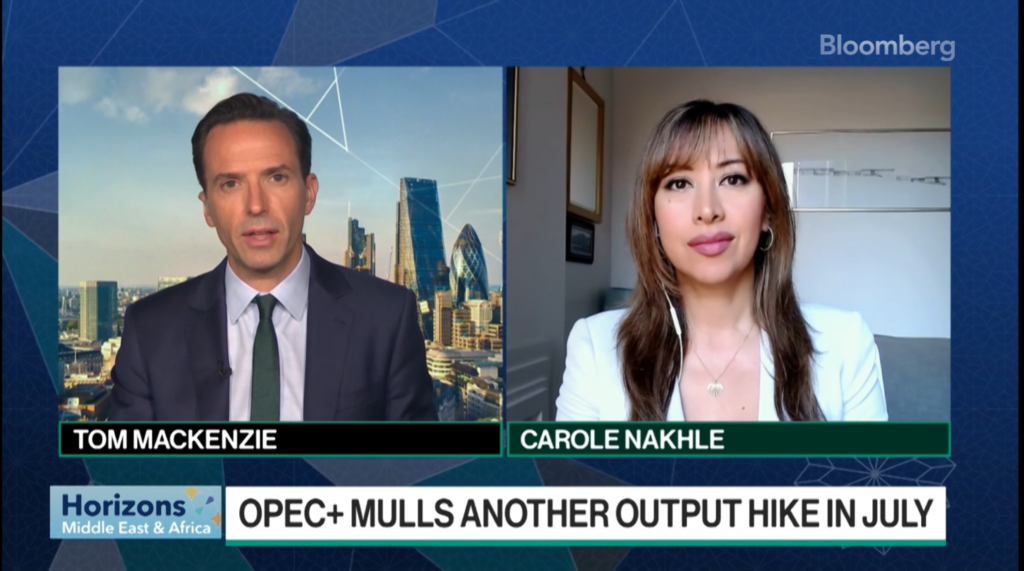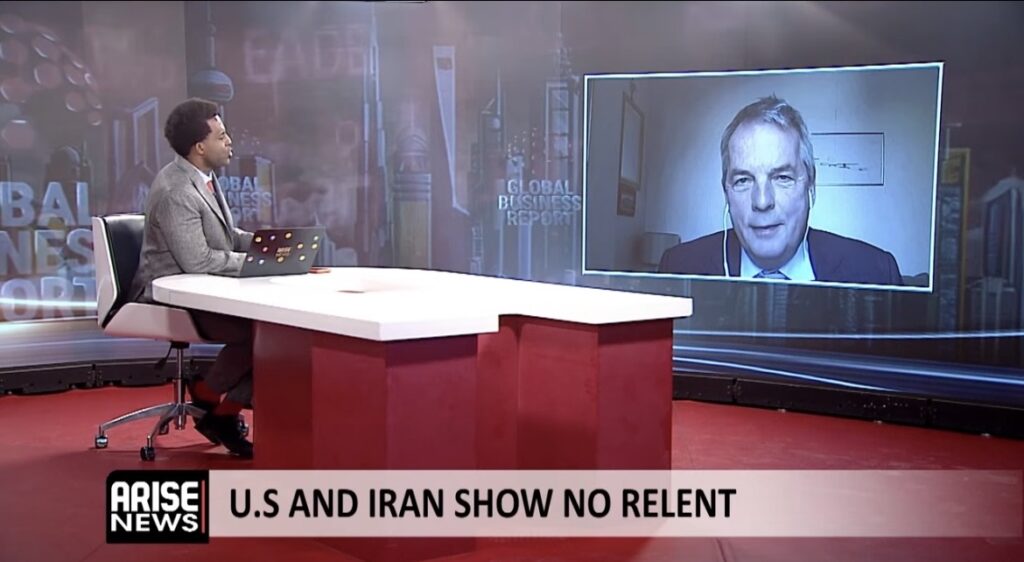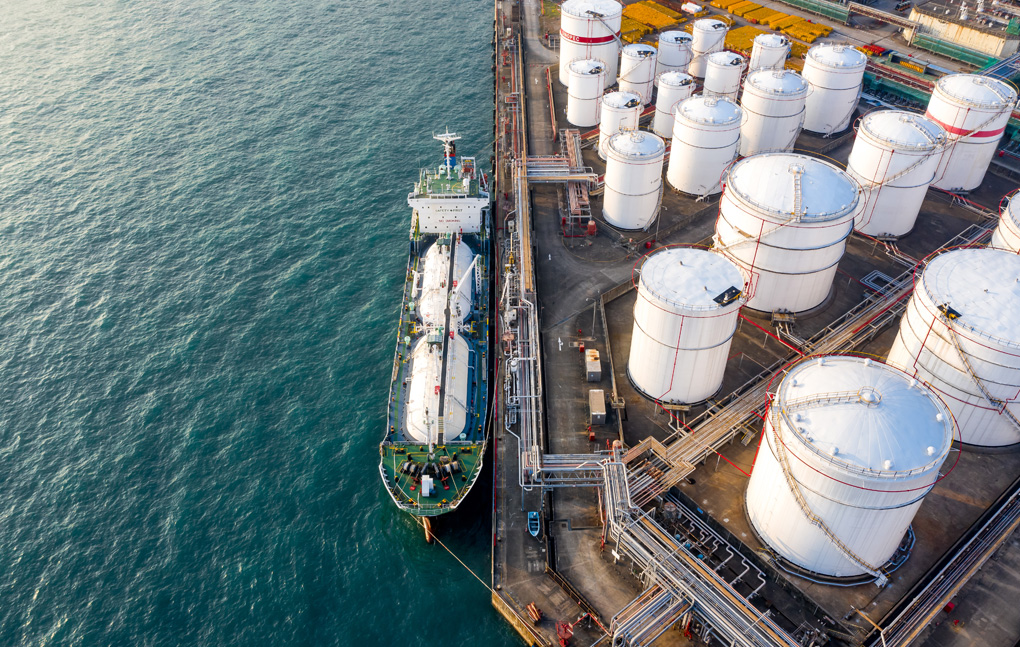In this interview given to Tom Mackenzie from Bloomberg, Dr Carole Nakhle, CEO of Crystol Energy, discusses OPEC+’s oil market strategy, demand uncertainties, and Iran’s resilience in evading sanctions.

Key highlights:
– OPEC+’s decision to accelerate the release of previously withdrawn voluntary cuts has raised many questions, especially with oil prices hovering in the low-mid $60 per barrel.
– Officially, the decision is justified by expectations of increased global demand that will absorb the additional barrels. However, market observers seem to believe that this is a strategic move to discipline member countries that have persistently exceeded their production quotas.
– Still, if the aim is to really enforce discipline, then why the gloves? OPEC+ knows how to crack the whip — so why the velvet touch?
– The two other factors that may be influencing OPEC+’s actions are: a deceleration in US shale and a potential loss of Iranian barrels, especially in the light of President Trump’s threat of maximum pressure that will aim to reduce Iranian oil exports to zero.
– Despite decades of stringent sanctions, Iran continues to successfully export significant volumes of oil, largely through the assistance of China. This demonstrates the resilience and adaptability of Iran’s oil sector, making an abrupt disappearance of Iranian exports from global markets unlikely should a nuclear deal with Trump’s administration fail to materialize.
– Even before the implementation of Liberation Day tariffs, leading forecasting agencies—including typically optimistic sources like OPEC—had already anticipated a deceleration in oil demand growth for this year.
– The tariffs have further dampened economic outlooks for major economies, reinforcing expectations that the negative income effects will outweigh temporary demand boosts from seasonal driving patterns and lower fuel prices.
Related Analysis
“Oil markets: Relative stability amid geopolitical strife“, Dr Carole Nakhle, Feb 2024
Related Comments
“Trump tariffs: Concern grows over falling oil prices“, Dr Carole Nakhle, Apr 2025
“Experts warn of trade tensions on oil demand“, Dr Carole Nakhle, Apr 2025








